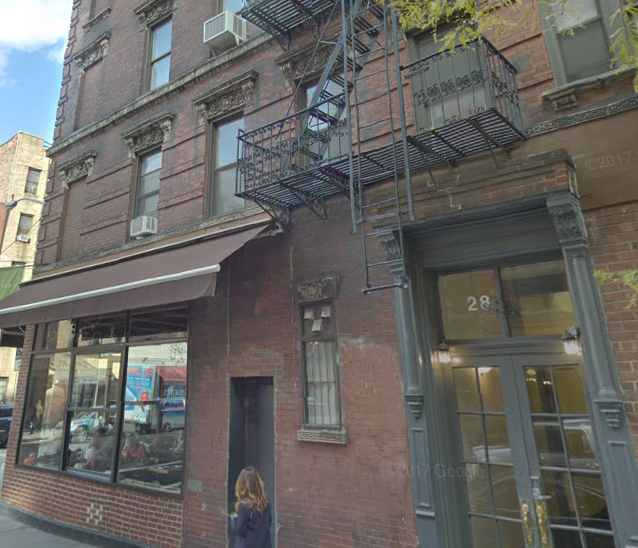
BY SYDNEY PEREIRA | An ongoing lawsuit between residential tenants in a Village building and their landlord was boosted to class-action status last month after a judge formally gave the suit class certification.
Back in 2017, the Housing Rights Initiative and the Village Independent Democrats discovered the landlord of 28 Bedford St. had taken advantage of a tax break meant to help owners make upgrades to their below-market-rate properties. The tax benefit, known as J-51, requires that landlords keep all of the particular building’s units in the rent-regulation program.
But just three out of 32 units were rent-stabilized at 28 Bedford St., according to the lawsuit filed by the law firm Newman Ferrara against Rudd Realty and the Creative Industries Corporation.
“[The class certification shows] this is clearly the justice system recognizing that this is something that went wrong,” said Erik Coler, a board member of H.R.I. and former president of V.I.D. “This class certification validates that this is a serious case.”
Rudd Realty was unable to comment due to the holidays.
Aaron Carr is executive director of the Housing Rights Initiative, a nonprofit watchdog group. H.R.I. has brought more than 50 class-action lawsuits focused on the J-51 tax benefits program to date, according to his nonprofit.
Rudd Realty agreed to give tenants rent refunds and return the units to rent regulation back in 2017, but the official class certification could help more tenants. H.R.I. estimates the tenants could be owed a total of between $1 million and $2 million.
In 2009, the court case Roberts v. Tishman Speyer required that all buildings benefiting from the J-51 tax break be 100 percent below-market-rate.
“Here we are nine years later and the problem has yet to be resolved,” said Carr.
Carr said H.R.I. has found 1,000 buildings illegally benefiting from the J-51 tax break.
Governor Andrew Cuomo’s enforcement strategy was a letter from the state Division of Housing and Community Renewal to landlords, urging “voluntary compliance.” However, thousands of units were not re-regulated by landlords by the deadline the governor set to do so, ProPublica reported in 2016.
“That’s a weak enforcement policy,” Carr said. “That is a hands-off enforcement approach which got us into this problem in the first place.
“You can’t let the governor off the hook,” Carr said, adding that D.H.C.R. is a state agency. “It’s on the governor to ensure that this is being done,” he stressed. “All we’ve heard from the state government is crickets.”



































